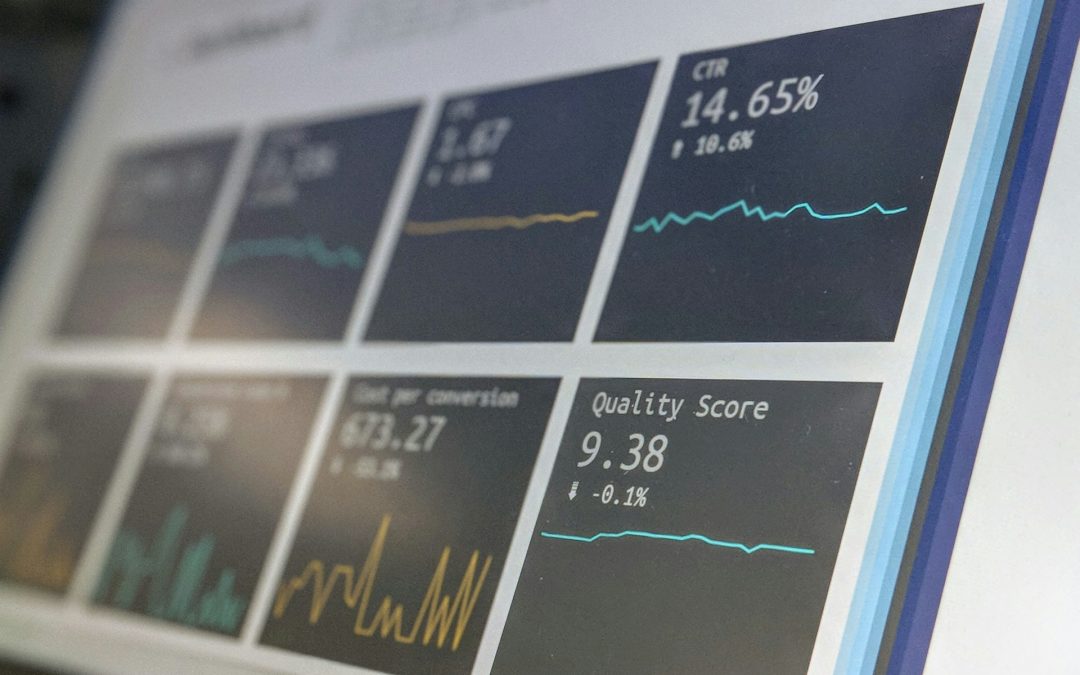
Business Verification: Ensuring Trust and Compliance with KYB
In today’s digital age, business verification has become crucial for ensuring trust and compliance in various industries. Verifying the legitimacy of business entities helps mitigate risks associated with fraud, money laundering, and other illicit activities. Effective business verification processes not only safeguard organizations but also build trust with customers and regulatory bodies.
The Importance of Business Verification
Business verification involves confirming the authenticity and legitimacy of business entities. This process is essential for maintaining regulatory compliance, preventing financial crimes, and establishing trust. By verifying businesses, organizations can ensure they are dealing with legitimate entities and protect themselves from potential risks.
Best Practices for Business Verification
1. Develop a Comprehensive Verification Framework
Description: Establish a detailed framework that outlines policies, procedures, and responsibilities for business verification.
Steps:
- Policy Development: Create clear policies defining the scope and objectives of business verification.
- Procedural Guidelines: Develop guidelines for collecting and verifying business information.
- Compliance Team: Form a dedicated team to oversee and manage business verification activities.
Benefits:
- Consistency: Ensures a uniform approach to business verification across the organization.
- Accountability: Defines roles and responsibilities, promoting accountability.
- Efficiency: Streamlines verification processes, reducing the risk of errors and non-compliance.
2. Use Multiple Verification Methods
Description: Employ multiple verification methods to ensure the accuracy and authenticity of business information.
Methods:
- Documentary Verification: Collect and verify official business documents such as registration certificates and tax IDs.
- Non-Documentary Verification: Use alternative methods such as database checks, credit reports, and online research.
- Third-Party Verification: Engage third-party verification services for comprehensive background checks.
Benefits:
- Accuracy: Improves the accuracy of business verification by using multiple sources.
- Fraud Prevention: Reduces the risk of dealing with fraudulent or illegitimate businesses.
- Compliance: Meets regulatory requirements for comprehensive business verification.
3. Leverage Advanced Technologies
Description: Utilize advanced technologies to enhance the efficiency and effectiveness of business verification processes.
Tools:
- Artificial Intelligence (AI): Employ AI for real-time data analysis and anomaly detection.
- Blockchain: Explore blockchain technology for secure and transparent record-keeping.
- Optical Character Recognition (OCR): Use OCR to extract data from business documents automatically.
Benefits:
- Efficiency: Automates time-consuming tasks, reducing manual effort.
- Accuracy: Improves the accuracy of data extraction and verification.
- Security: Enhances security by detecting and preventing fraudulent activities.
4. Conduct Regular Training
Description: Provide regular training to employees on business verification requirements and best practices.
Steps:
- Training Programs: Develop comprehensive training programs for employees at all levels.
- Regular Updates: Update training materials regularly to reflect regulatory changes and emerging trends.
- Interactive Sessions: Use interactive sessions, case studies, and simulations to enhance learning.
Benefits:
- Knowledgeable Staff: Ensures employees are well-informed about business verification requirements and best practices.
- Improved Compliance: Enhances the ability to detect and report suspicious activities.
- Compliance Culture: Fosters a culture of compliance within the organization.
5. Monitor and Audit Verification Processes
Description: Implement monitoring and auditing mechanisms to ensure ongoing compliance with business verification requirements.
Steps:
- Regular Audits: Conduct regular internal audits to assess compliance with verification policies and procedures.
- Real-Time Monitoring: Use real-time monitoring tools to detect and address compliance issues promptly.
- Continuous Improvement: Implement feedback mechanisms to continuously improve verification processes.
Benefits:
- Compliance Assurance: Provides assurance that the organization meets regulatory requirements.
- Risk Mitigation: Identifies and mitigates compliance risks proactively.
- Operational Integrity: Enhances the overall integrity of verification processes.
Effective business verification ensures trust and compliance by confirming the legitimacy of business entities. By developing a comprehensive verification framework, using multiple verification methods, leveraging advanced technologies, conducting regular training, and monitoring verification processes, organizations can safeguard themselves against risks and maintain regulatory standards.













